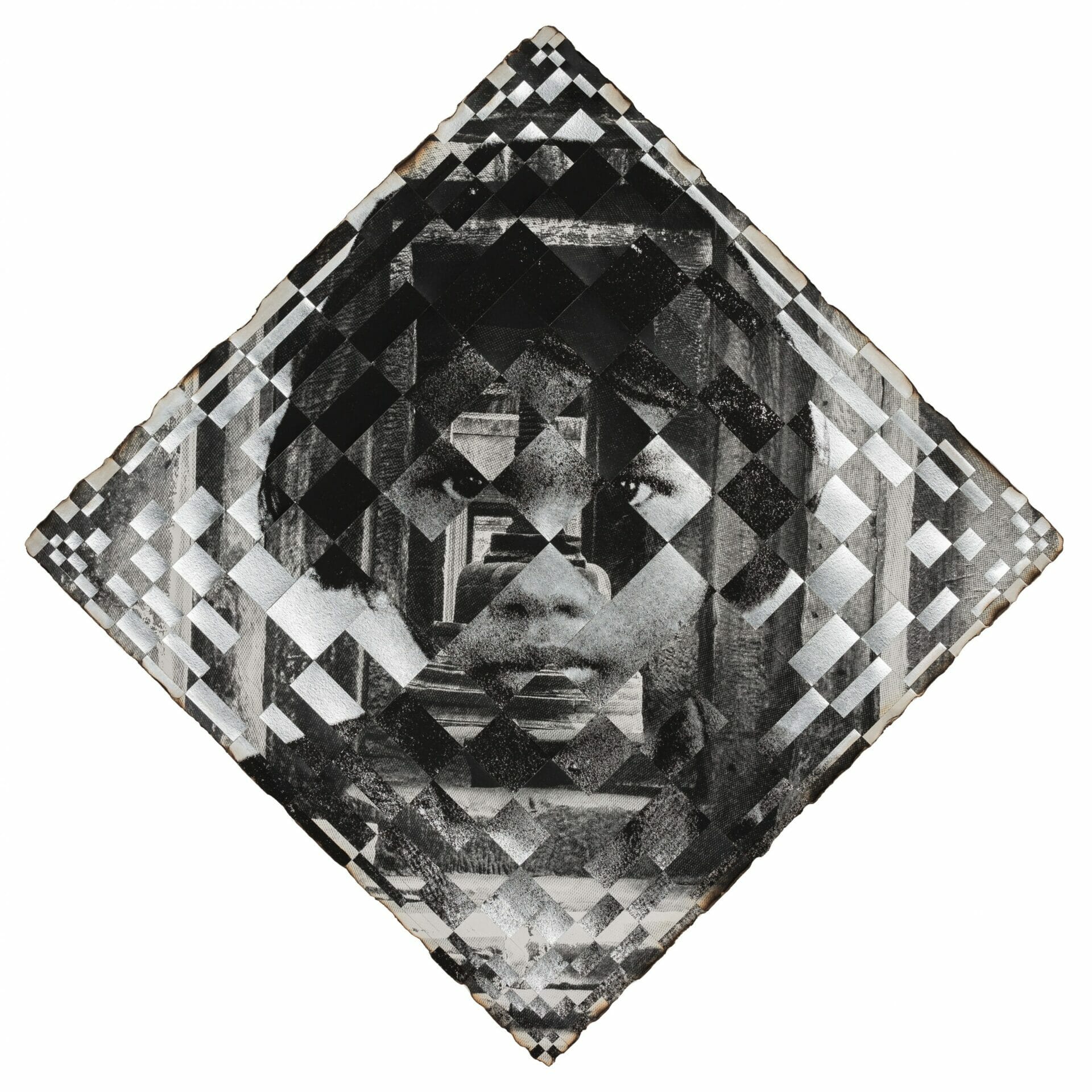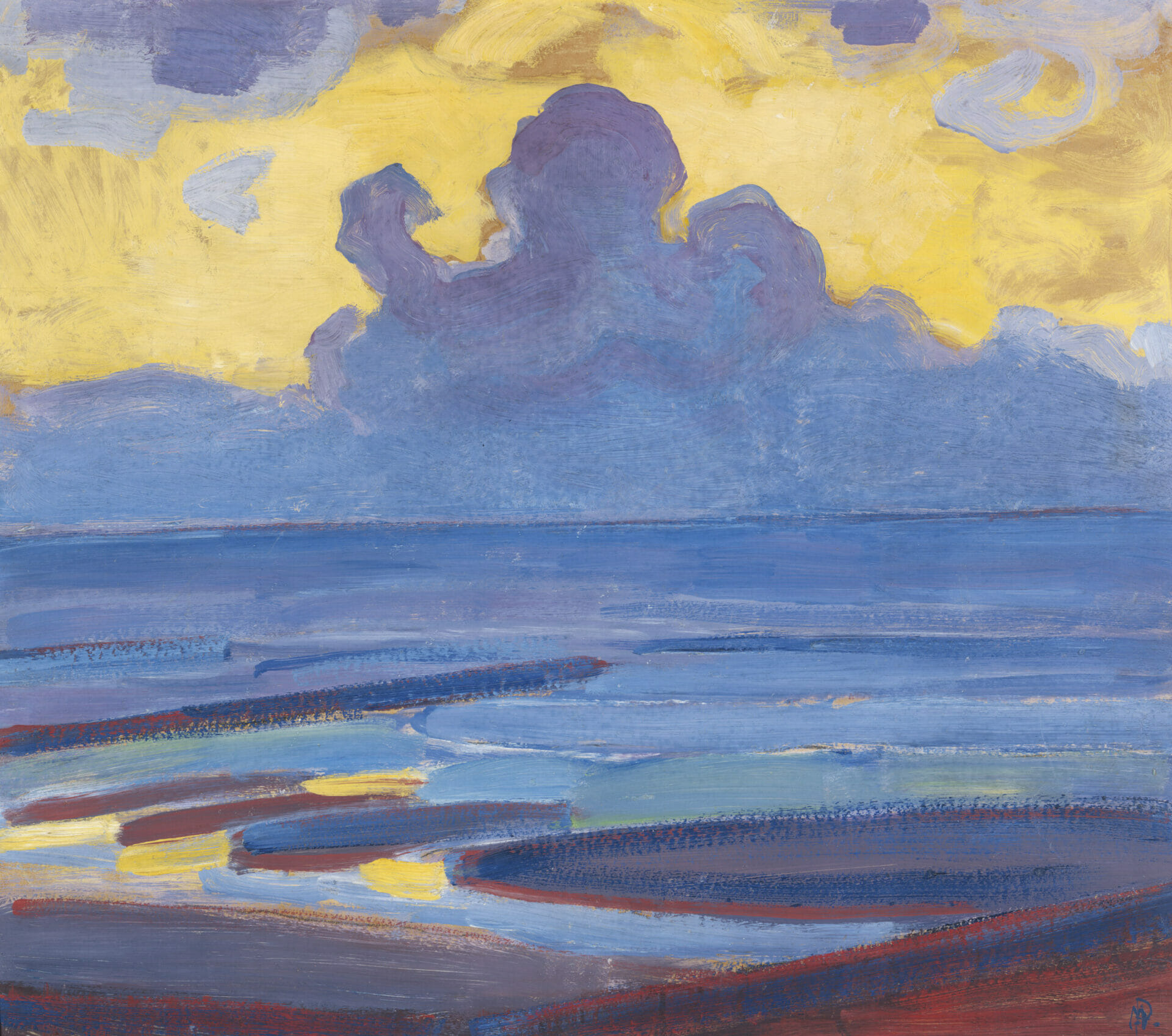
On Earth We're Briefly Gorgeous | On Identity, Love, and Violence
Author
Year
Format
Known mainly for his poetry, Vietnamese-American author Ocean Vuong published his first novel, On Earth We’re Briefly Gorgeous in 2019. It has since won numerous awards and become a New York Times bestseller. Presented as a letter from a son to his illiterate mother, On Earth We’re Briefly Gorgeous takes the reader on a collection of memories, philosophical detours, and a round of questions. With them, the book explores the construction of one’s identity, through love and violence.
The Art of Autofiction
When he was two, Ocean Vuong emigrated from Ho Chi Minh City in Vietnam to Connecticut. His mother, Hong Rose in Vietnamese, worked as the primary breadwinner in a nail salon, unable to read. Vuong himself only began to be able to read properly at the age of eleven. Nevertheless, this didn’t stop him from pursuing a literature degree in Brooklyn.
On Earth We’re Briefly Gorgeous is based on these experiences. It takes the form of a letter from the narrator, Little Dog, to his illiterate mother, Rose. It is a poignant coming-of-age tale, guiding readers through Little Dog’s transformative journey, shaped by those around him.
I begin with the voices of those I care for, family or otherwise, and follow them until they drop off, until I have to create them in order to hear them. My writing is an echo.
Ocean Vuong in an interview with The Paris Review
On Earth is an autofiction, blurring the boundaries between the real and the imaginary. Not quite a genre but a blending of two, this style is an heir to Marcel Proust’s In Search of Lost Time (1913-1927). French author Serge Doubrovsky, who coined the term defines it as such:
Autobiography? No. Fiction, of strictly real events and facts. If you like, autofiction, having entrusted the language of an adventure to the adventure of a language on the move.
Serge Doubrovsky on the back cover of Fils (2001)
When asked why he chose the form of a novel, Vuong’s answer is reminiscent of Doubrovsky’s:
I wanted the book to be founded in truth but realized by the imagination. I wanted to begin as a historian and end as an artist. […] This book is as much a coming-of-age story as a coming-of-art.
Ocean Vuong during the same interview with The Paris Review
His book is “the ghost of a novel” he says, but it is also a novel full of ghosts. Through his writing, deceased loved ones like his grandmother and recently departed mother continue to live on. On his pages, they are fully fleshed out with their complexities and stories.
The Importance of Proximity
In addition to its French influences, On Earth loosely follows the kishōtenketsu narrative. This four-act structure, exemplified by Studio Ghibli’s Spirited Away, can be found in multiple Eastern Asian mediums. Rather than relying on conflict, the story utilizes proximity to cultivate tension, with the protagonist’s journey toward self-actualization at its core.
I am twenty-eight years old, 5ft 4in tall, 112lbs. I am handsome at exactly three angles and deadly from everywhere else. I am writing you from inside a body that used to be yours. Which is to say, I am writing as a son.
On Earth We’re Briefly Gorgeous
Little Dog defines himself by his relationships. In this description of himself, he dedicates equal attention to his physical attributes and his connection to his mother. Asserting his identity as her son, he emphasizes that his current body was once hers, thereby highlighting the significance of their bond. By stating that he is “writing as a son,” he underscores the centrality of this relationship to his identity.
Similarly, Little Dog’s choice of name is imbued with meaning. It is the first illustration of how his identity has been constructed through the love and violence that surrounded him. He has had many appellations, including “Patriotic Leader of the Nation“, bestowed on him at his birth. Yet, he adopts the simple nickname “Little Dog,” lovingly given to him by his grandmother. With this moniker, she sought to protect him, following a Vietnamese tradition of assigning ghastly nicknames to children, a shield against malevolent forces.
To love something then, is to name it after something so worthless it might be left untouched – and alive.
On Earth We’re Briefly Gorgeous
In a similar vein to Pachinko (2017) by Min Jin Lee, On Earth We’re Briefly Gorgeous addresses weighty themes such as war, immigration, and trauma. Yet, it focuses on the beauty and love that persist amidst adversity. Little Dog recounts instances of his mother’s violence against him, contextualizing them with stories of her as a person and a mother. Despite the pain inflicted, he recognizes her complexities and the love she has shown him.
“I am not a monster. I am a mother”, she says one day. And he reassures her by lying, affirming that she’s not. But he tells her in his letter that being a monster isn’t bad. He explains, diving into the etymology of the word, which means an animal of myriad origins:
To be a monster is to be a hybrid signal, a lighthouse: both shelter and warning at once.
On Earth We’re Briefly Gorgeous
A New American Identity
In a New York Times interview, Vuong expresses his desire to forge “a new gaze, a new attribution to American identity.” On Earth We’re Briefly Gorgeous serves as an exploration of America from its margins. As a non-white immigrant, Little Dog struggles to fit into a society that often ostracises those who are different. Little Dog learns how to navigate the divides between his Vietnamese heritage and the dominant American culture as he grows.
On the other side of the coin lies Trevor, to whom the second part of the novel is dedicated. Despite being a white American, Trevor also occupies a marginalized space within society. Coming from a troubled background, he lives in a mobile home behind the interstate with his abusive, alcoholic father. Their friendship burgeons as Trevor becomes the first person to truly see Little Dog. Through his friend’s gaze, he learns to notice himself. It is while daydreaming about his friend, that, looking at a mirror he finds himself beautiful for the first time: “It was an accident. My beauty revealed to me.”
He was white, I never forgot this. He was always white. And I knew this was why there was a space for us: a farm, a field, a barn, a house, an hour, two.
On Earth We’re Briefly Gorgeous
Despite their different upbringings, the bond between Little Dog and Trevor runs deep, forged through similar experiences of alienation and trauma. Throughout the novel, Trevor serves as both a source of support and a reminder of the harsh realities of their environment. Nonetheless, their differences create a space for them to freely explore their identities, through their love and violence. As they become lovers, their journey into sexuality allows them to reshape their understanding of masculinity. While his family represents his Vietnamese identity, Little Dog’s connection with Trevor embodies his American belonging.
To be an American, Vuong thus tells us, is to seek these differences, to transcend traditional stereotypes. On Earth advocates for a more inclusive and diverse understanding of national identity and belongingness. To him, being American is about embracing and celebrating the myriad identities that exist within society, breaking free from the confines of a singular, one-dimensional image.
The Novel as Pieces of Debris
In many ways it’s a novel about failure – the failure of communication, the failure of language, the failure of the American Dream, the failure of an ideal of masculinity. And it really asks, “Is it worth it?”
Ocean Vuong to Vanity Fair
Language fails as a bridge in On Earth. The letter is never going to be read by its intended recipient, Little Dog’s mother. Writing in English creates a growing disconnection between them. As a child, when he decides to become his family’s translator, he describes how he “took off his English” to wear his English, “as a mask” instead. Unlike Maya Angelou’s healing use of language in I Know Why the Caged Bird Sings (1969), where words empower her, On Earth portrays language as a barrier from the start.
However, from this failure emerges alternative modes of communication. In Vietnamese, people rarely say “I love you.” Instead, affection is conveyed through acts of service. Similarly, the novel erupts into poesy when words fall short, conveying grief that defy linguistic confines. “I’m breaking up apart again so I might carry us somewhere else” he types: he reconstructs their identities from this act of love, and violence.
In an interview with The White Review, Vuong declares that he wished that his book was “pieces of debris,” refusing to make it legible and cohesive. Indeed, he deliberately employs traditional Western narrative structures, presenting a fragmented stream of consciousness, an explosion of memory. On Earth unfolds as a letter, because as he explains to Vanity Fair, “the plot was the letter itself”. Through this unconventional form, Vuong speaks directly to fellow Asian-Americans. White readers are welcomed, he clarifies to The New York Times, but are asked to approach On Earth as if “eavesdropping as a secondary audience upon a conversation between two Vietnamese people.”
Tag
Buy a ☕ for Hypercritic









